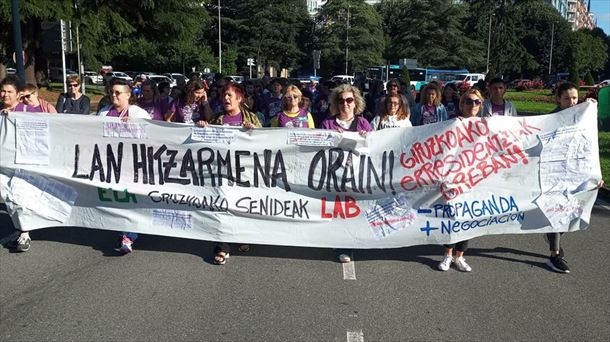In the UK there are increasing reports of empty vegetable shelves in the country’s supermarkets. Tomatoes in particular, but also peppers and cucumbers would be scarce. However, the shortage is not a result of Brexit, but rather the result of poor harvests in the producing countries, it is said.
The British Retail Consortium (BRC), the trade association of British retailers, says by the BBC there are disruptions in supply chains as harvests in producing countries have been “affected by difficult weather conditions”.
Declining crop yields in Spain and Morocco
Tomatoes in particular are rarely on the shelves at the moment. In winter they are imported from Spain or Morocco. In southern Spain, crop yields have recently been affected by an unusually cold period and in Morocco by flooding, the BRC reports. Storms have also led to delays in ship deliveries, it is said.
Three of Britain’s largest supermarket chains have restricted sales of tomatoes, peppers, cucumbers and other vegetables, according to a BBC report. Discounter Aldi announced to limit the sale of bell peppers, cucumbers and tomatoes to three per customer. Asda has also limited sales of lettuce, broccoli, cauliflower and raspberry punnets to three per customer.
Morrisons has set limits of two per customer for cucumbers, tomatoes, lettuce and peppers. Other major UK supermarkets are also affected by the bottlenecks, but have not yet imposed any restrictions on customers.
Farmers are concerned about food security
Meanwhile, English farmers are concerned about locally produced food. “We should never take our food safety for granted,” National Farmers Union president Minette Batters said at a union meeting Tuesday.
For example, British egg production has fallen to its lowest level in nine years. For tomatoes and cucumbers, the association even expects production to fall to the lowest level since 1985. A number of livestock farmers also want to downsize in the coming twelve months.
The farmers see several reasons for these developments: in addition to the increased costs due to the war in Ukraine, trade barriers due to Brexit and an increasing shortage of personnel also play a role. Climate change is also making it difficult for the industry, for example due to droughts.
Source: Krone
I am Wallace Jones, an experienced journalist. I specialize in writing for the world section of Today Times Live. With over a decade of experience, I have developed an eye for detail when it comes to reporting on local and global stories. My passion lies in uncovering the truth through my investigative skills and creating thought-provoking content that resonates with readers worldwide.



